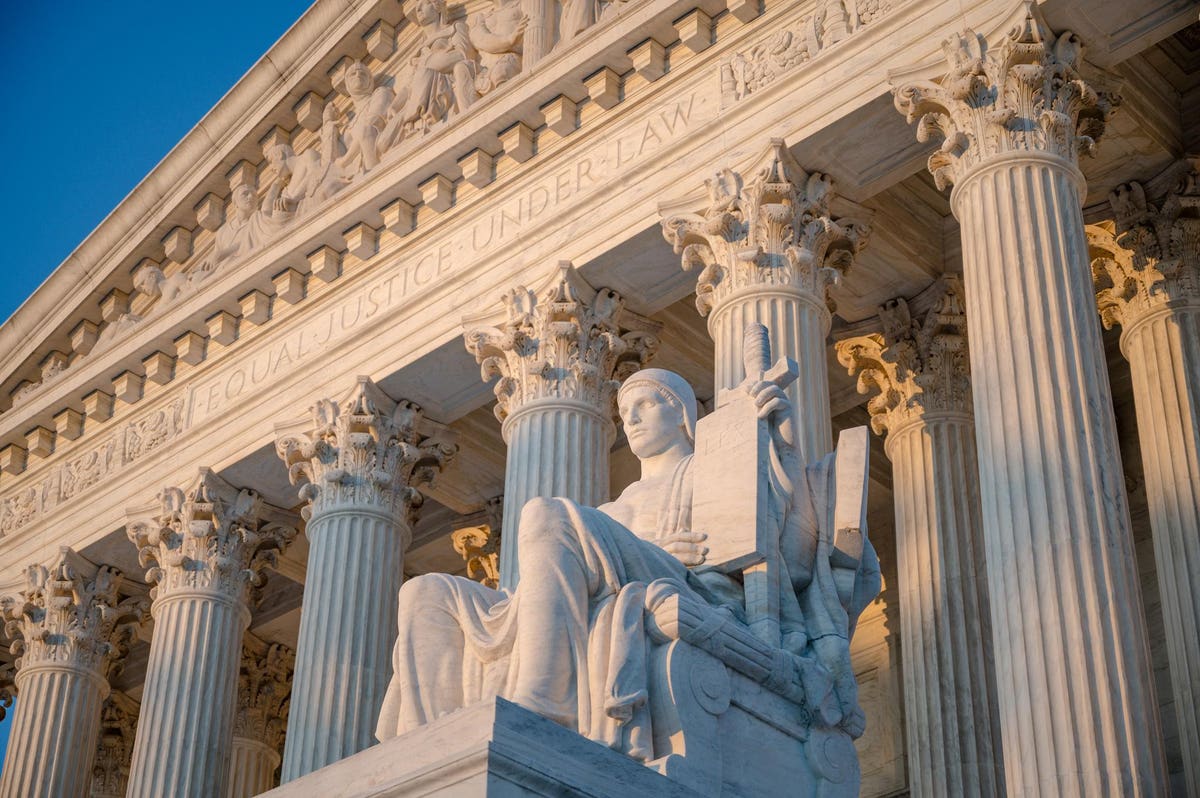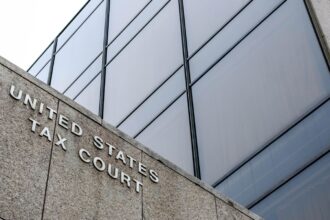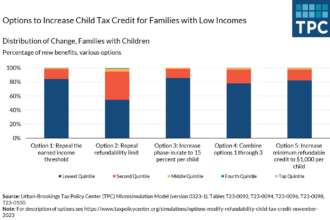The IRS does not need to notify third parties when requesting a summons for banking records in collection matters. That was the decision of the Supreme Court in Polselli v. Internal Revenue Service.
Background
The case involved taxpayer Remo Polselli who underpaid his federal taxes for many years, resulting in an outstanding balance of more than $2 million. The IRS moved to collect, and eventually sought and was granted an order for Polselli to produce certain financial and business records. The IRS also issued administrative summonses to banks where Polselli’s wife, Hanna Karcho Polselli, and his lawyers had accounts.
A summons is typically a demand to hand over specific information–in this case, financial records. The reason for the summonses, according to the IRS, is that the information they were requesting might help them collect what Polselli had already been determined to owe.
The IRS did not notify Polselli’s wife or his lawyers about the summonses that were issued to the banks, relying on the exception in section 7609(c)(2)(D)(i) of the Tax Code, which excludes from the notice requirement summonses issued “in aid of the collection” of tax assessments.
You can read more about the case—and the oral arguments—here.
Opinion
When it comes to a summons, there is a statutory requirement to give certain kinds of notice—that isn’t disputed. However, the focus of this case was whether the exception to the notice requirement in the statute applies only where a taxpayer has a legal interest in accounts or records summoned by the IRS. The Court found, “A straightforward reading of the statutory text supplies a ready answer: The notice exception does not contain such a limitation.”
The statute (section 7609) sets forth three conditions to exempt the IRS from providing notice in these circumstances:
- A summons must be “issued in aid of . . . collection.”
- A summons must aid the collection of “an assessment made or judgment rendered.”
- A summons must aid the collection of assessments or judgments “against the person with respect to whose liability the summons is issued.”
The Court made clear that “None of the three components for excusing notice in §7609(c)(2)(D)(i) mentions a taxpayer’s legal interest in records sought by the IRS, much less requires that a taxpayer maintain such an interest for the exception to apply.”
And, had Congress wanted to include a legal interest requirement, the Court noted that it certainly knew how to do so.
Specifically, in this case, the IRS did have certain statutory obligations to Polselli—the person they were targeting for collection. That’s because tax code typically requires the IRS, when it serves a summons for records about a person “identified in the summons” to give that identified person notice. However, while hunting assets, the IRS had reason to believe that third parties (the law firms and Polselli’s wife, as noted above) might have information in their records that would assist with collections. The IRS interpreted the statute to read that they need not provide notice to those third parties when asking for access to those records. That carve-out, they say, was the result of a concern by Congress that giving notice of a summons in some instances—when the IRS is trying to locate assets, for example—could result in the taxpayer moving those assets before the government could act.
Limits
Importantly, the Court explained that they were not dismissing “any apprehension about the scope of the IRS’s authority to issue summonses”—a key privacy concern. And, they pointed out that even the Government concedes that the phrase “in aid of the collection”—one of the conditions in the statute—is not “limitless.”
While the Government proposes that the standard should be reasonableness, the Court found that “[t]his is not, however, the case to try to define the precise bounds of the phrase ‘in aid of the collection.'” And so they did not—it was enough to answer the question of whether the notice exception requires that a taxpayer maintain a legal interest in records summoned by the IRS. And the answer to that, the Court found, is no.
Chief Justice Roberts delivered the unanimous opinion of the Court. Justice Jackson filed a concurring opinion, in which Justice Gorsuch joined.
(Updated to include additional background about the case. For a deeper dive, including a look at the oral arguments, check out the article below.)
Read the full article here









